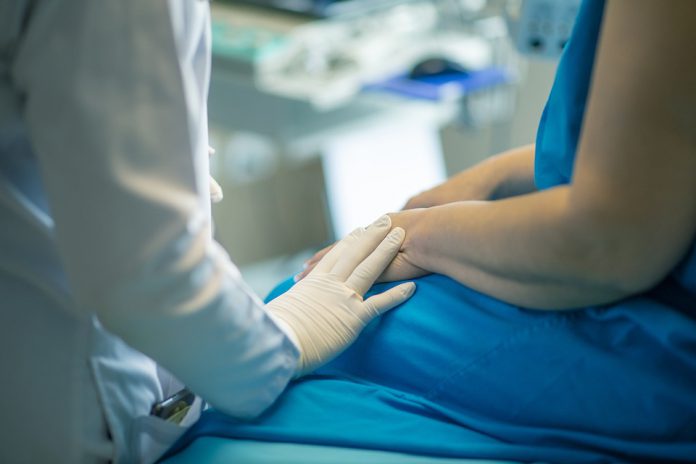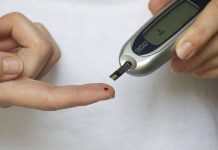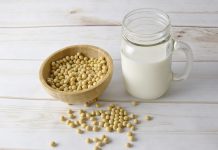Many women may believe that pregnancy and menopause can’t happen together. It is seen as the point in which the childbearing years are over, along with the monthly menstrual cycle. But getting pregnant in the pre-menopausal phase naturally is possible, and modern fertility technology makes post-menopause with IVF possible. Let’s take a closer look at pregnancy and menopause.
“With time as a woman ages, the eggs AGE as well. Sometimes they may develop chromosomal abnormalities, which decrease the likelihood of getting pregnant naturally. This may also increase the risk of Down syndrome”
What are the Health Risks in Getting Pregnant During Menopause?
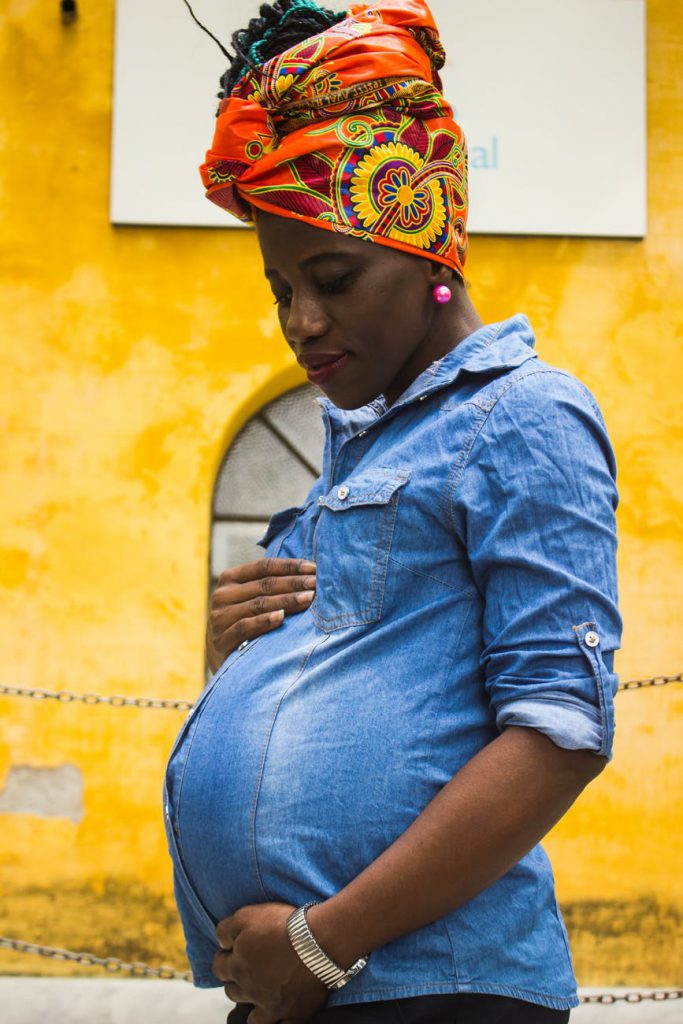
Some women find themselves waiting longer to have children in order to finish school and work on their career. The rise of easily-available birth control also makes it easier for women to control when they want to become mothers. Due to this and other factors, more and more women in their 30s and 40s are having children, or even becoming first-time mothers. Along with fertility drugs, hormonal therapy, and artificial implantation methods, this later-age motherhood is becoming more normal.
Menopause is not official at the beginning of developing menopausal symptoms. The body may still be making the transition. You will know if you are in the postmenopausal stage if your period has been gone for one full year. During this time, there are a number of complications that are associated, including in labor and delivery.
A woman’s eggs are developed in a finite number at her birth. With time as she ages, the eggs age as well. Sometimes they may develop chromosomal abnormalities, which decrease the likelihood of getting pregnant naturally. This may also increase the risk of Down syndrome. But if a healthy egg is successfully released she can still become pregnant, even while experiencing perimenopause symptoms.
Although even in a successful conception there is still an increased risk of miscarriage, stillbirth, ectopic pregnancy, preeclampsia, placental abruption, placenta previa, low birth weight or premature birth, c-sections, or multiple pregnancies if becoming pregnant with IVF treatments.
What are the Things You Need to Do to Maintain Yours and Your Baby’s Health?
“Consider taking extra supplementation of vitamins and minerals that support bone health, as being pregnant can pull vital nutrients from your body in order to help the baby grow”
If you have decided to become pregnant during perimenopause or postmenopause there are some things you will want to do to ensure you and your baby are healthy. First, it may be encouraged to receive genetic testing in order to assess the risk of chromosomal abnormalities. You can also explore the possibility of using an egg from an egg donor, which can increase the likelihood of a healthy baby and delivery.
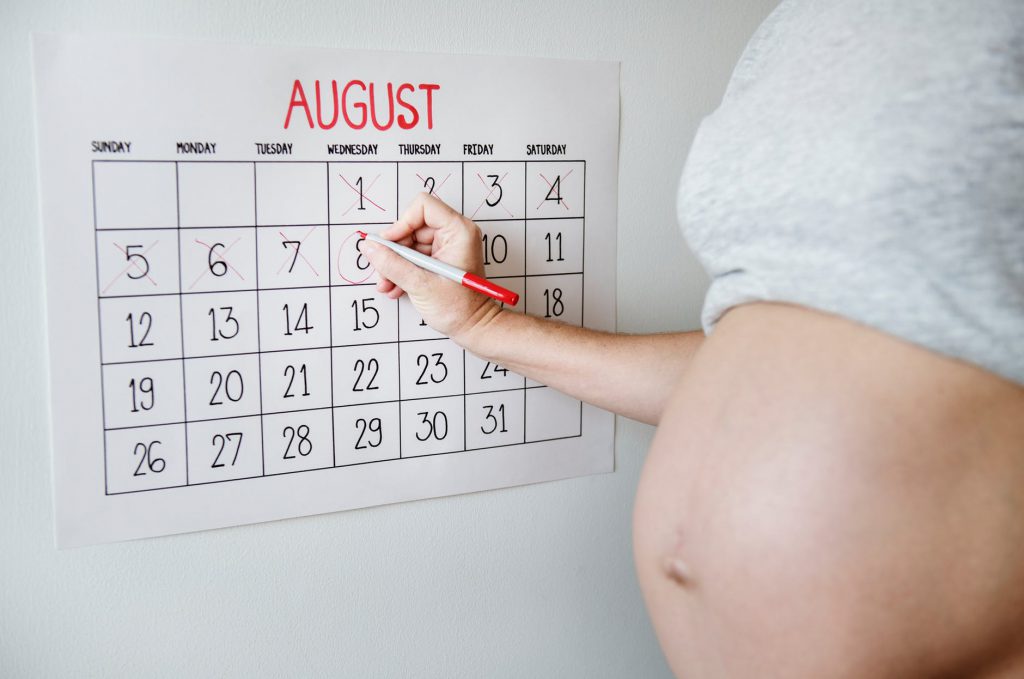
It is important to follow your doctor’s recommendations carefully, participate in activities that lower stress levels and promote feelings of calm. A healthy diet that is full of rich nutrition can be very beneficial for supporting your body as it is undergoing many changes. Consider taking extra supplementation of vitamins and minerals that support bone health, as being pregnant can pull vital nutrients from your body in order to help the baby grow. Taking B vitamins, particularly vitamin B12 can be helpful to keep your energy levels up and support cellular health.
Top Physical Activities to Stay Fit When You Are Pregnant While in Being in Menopause
“Doing gentle aerobics and exercises are best for pregnant women, especially if you are experiencing menopause symptoms”
Staying active during pregnancy is a good way to keep your body fit and prepare for an easier birth. Women who exercise regularly throughout their pregnancy may experience shorter labor and have less of a chance of receiving a c-section.
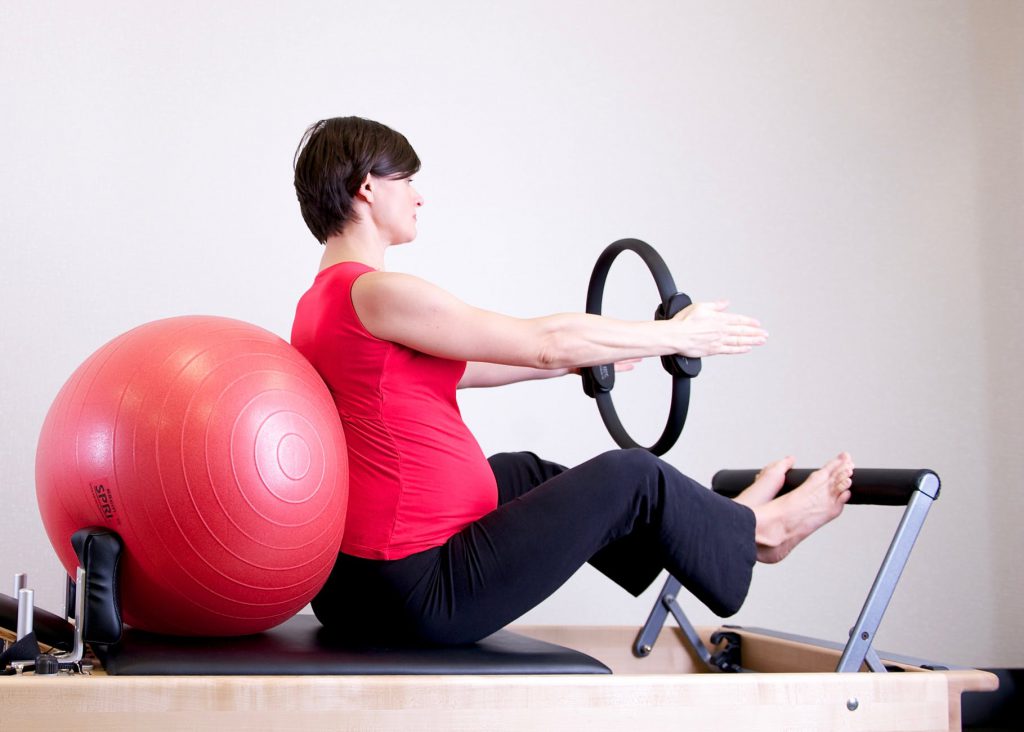
Doing gentle aerobics and exercises are best for pregnant women, especially if you are experiencing menopause symptoms or have reached the postmenopausal phase. Tai chi, yoga, taking walks, gentle stretching, light dance, and gentle belly dancing can improve joint and ligament health, increase blood flow to the uterus, and help you shake off any moodiness, anxiety or depression.
Conclusion
When a woman becomes pregnant during postmenopause, there are some risks and complications that are associated. It is important to get screened for the possibility of complications and thoroughly prepare for your pregnancy.
Once you have become pregnant, be sure to follow the advice from your doctor closely. Take care to eat well, keep stress levels low, and exercise regularly. There are many women every year who give birth to healthy babies after 50, and with care and patience, it is possible to have a healthy baby later in life.
Sources & References:
www.medicalnewstoday.com/articles/320228.php
www.poise.com/en-us/advice-and-support/expert…/can-i-still-get-pregnant


